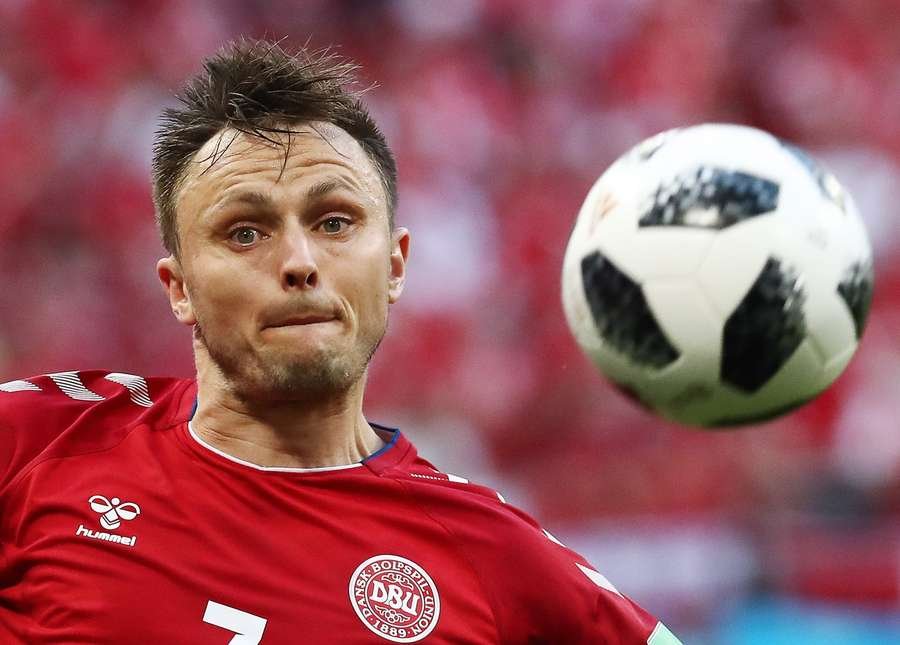Michael Andersen, the former CEO of Team Danmark, the elite sports institute for Danish athletes, has expressed strong criticism regarding a recently implemented recruitment policy by the Danish Football Federation (DBU), as detailed in an interview with Flashscore.
Last week, the Danish Football Federation rolled out significant alterations to its regulations surrounding club transfers for young players, effective from July 1st. Previously, clubs were permitted to approach competitors for players only after they reached the Under-13 category. However, under the new guidelines, this has been extended to include Under-10 players.
“We know that recruiting players at an early age can be problematic, and when children are thriving in their local clubs, it’s advisable to delay any moves. However, if clubs wish to pursue recruitment, the new rules better ensure that the transition will benefit the children,” stated the Danish FA.
Danish FA Contradicts Its Own Principles
The new regulations have sparked backlash from key figures in Danish sports, including Andersen, who voiced his concerns about the DBU’s decision.
“Historically, the Danish FA was a pioneer in exploring age-based training models, focusing on the specific needs of children at various stages. It is astonishing that they would now introduce rules that directly contradict the principles endorsed by the Danish Sports Association (Dansk Idræts Forbund), which emphasise the importance of children remaining with their local clubs to flourish,” Andersen remarked.
“The trend has been towards clubs acquiring players at younger ages to meet homegrown player quotas, with instances of players being signed before they’ve even debuted in the Danish Superliga. The Danish FA is expected to formulate guidelines that protect the welfare of young footballers nationwide; however, this proposal appears to cater to the financial interests of clubs in the Danish Superliga,” he added.

Children May Lose Their Love for the Game
According to the Danish FA, if a club signs a player aged between Under-10 and Under-12, they are obliged to provide that player with training and participation in the first team up until the Under-15 level. However, Andersen dismisses this as nonsensical.
“The Danish FA’s assertion that clubs are committed to providing training and match participation until a player reaches Under-15 makes no logical sense. Who will oversee this?” he questioned.
“What truly matters is whether we can sustain the joy children find in playing football. Currently, only 11 players can feature in a match. There’s evidence suggesting it is nearly impossible to predict which children will excel. By forcing the issue, we risk losing those youngsters who take the chance but aren’t selected,” Andersen cautioned.
Furthermore, he emphasised that these new rules also affect parental roles. “They’ll create an environment where parents inadvertently pressure their children to perform. While some kids might handle it well, over time, even the most talented may find their enjoyment waning if the system becomes overly stringent at such young ages.”
Andersen’s views find support in a recent LinkedIn post by former Danish national team captain William Kvist, who noted that the increasing commercialisation in football is compromising children’s welfare.

“We Have Overlooked 99% of the Population”
“Denmark has developed a football culture heavily focused on spotting the one per cent who might make it to represent the national team or sign with large international clubs. Regrettably, we’ve lost sight of the importance of the remaining 99%!”
“When the emphasis is solely on identifying those capable of wearing the national jersey, children’s sports transform into a realm of pressure, expectations, and selection, rather than fostering play, community, and memorable experiences.”
The Danish Minister of Culture, Jakob Engel-Schmidt, has also voiced strong opposition to the new recruitment policies.
“I must admit, I have significant concerns regarding the newly imposed regulations. It appears that the Danish federation has completely abandoned the essence of recruitment with these changes.
“Children must be allowed to simply be children for as long as possible. The age threshold for recruitment should have remained at 13 years,” he asserted.
The Danish FA has indicated they are open to discussing the new regulations with the Minister of Culture.
Compiled by SportArena.com.au.
Fanpage: SportArena.com.au.
LiveScore – Live Sports Results & Odds.




